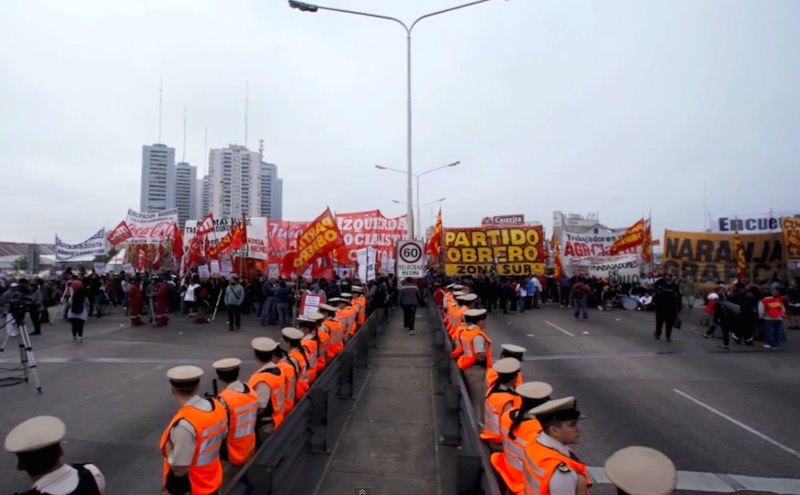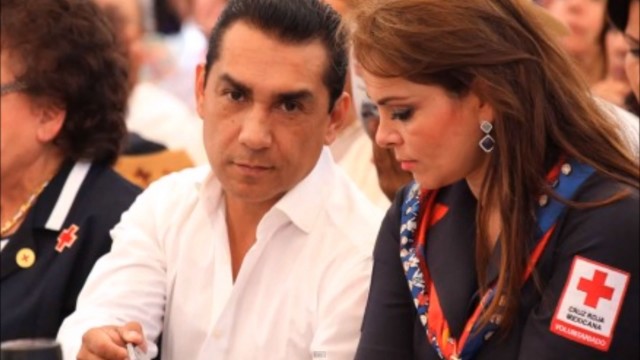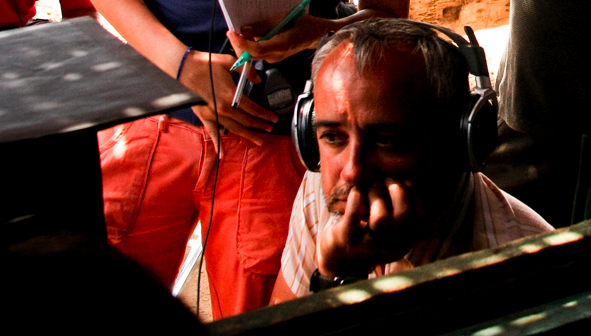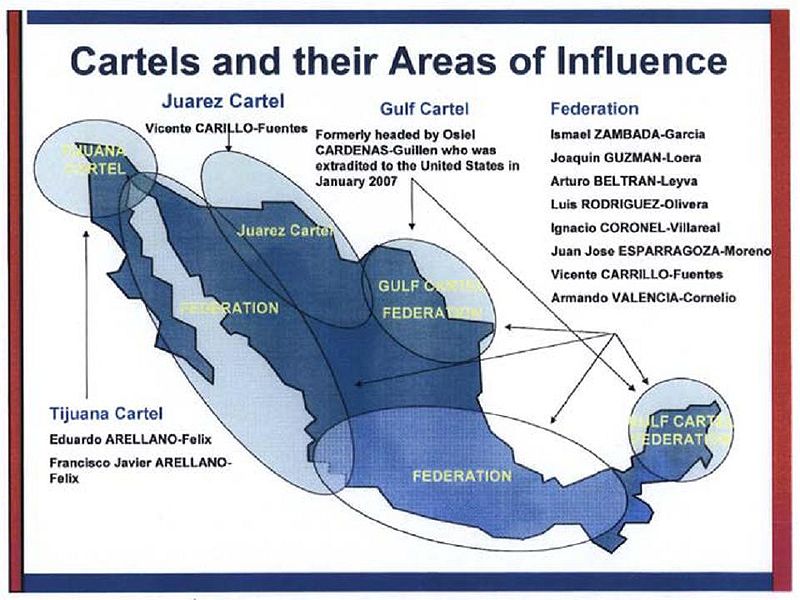
Latin America: Week in Review
Laura Chinchilla Becomes First Woman President in Costa Rica
February 8, 2010 By Staff
 Today in Latin America
Today in Latin America
Top Story — Costa Rica elected the country’s first female president Sunday, as Laura Chinchilla won the election with 47 percent of the vote, according to preliminary results. Only 40 percent of the votes are needed under Costa Rican electoral law to avoid a run-off.
Chinchilla, a protege of current president Óscar Arias, ran on a platform promising to continue the Arias administration’s moderate free-market policies. The main opposition candidate, Ottón Solís of the Citizens Action Party, has conceded defeat. Solís had won 25 percent of the votes with most of the votes counted, according to The Associated Press.
Solís also ran against President Arias in 2006.
“Today we are making history,” Chinchilla said of the election. “The Costa Rican people have given me their confidence and I will not betray it.”
Headlines from the Western Hemisphere
North America
- A Mexico City law allowing homosexual couples to marry and adopt children has touched off a national debate.
- Despite almost daily reports of violence in Mexico, the homicide rate in the country is less than it was 10 years ago. Mexico City’s homicide rate is similar to that of Los Angeles and less than a third of Washington D.C.
Caribbean
- The governments that compose G-7 pledged to cancel Haiti’s bilateral debt on Saturday.
- The estimated $2 million worth of championship team t-shirts, hats and other apparel for the team that loses the Super Bowl will be sent to Haiti to aid earthquake victims.
Central America
- Guatemalan authorities destroyed 319 million opium poppy plants and 250,000 marijuana plants during a four-day operation in a province bordering Mexico.
- Copa Holding S.A., a Panama-based airline, plans to invest $250 million in capital expenditures this year as the company did quite well in 2009, according to its chief executive.
Andes
- Colombian president Álvaro Uribe said the 9 percent decrease in United States anti-narcotics assistance to Colombia will be offset by the joint defense agreement signed last year by the countries.
- Venezuelan President Hugo Chávez named Humberto Ortega as the country’s new minister of state-run banks. Ortega was previously chief of the government deposit insurance fund
- Bolivian president Evo Morales called for gender parity in the country’s government as he enters his second term in office.
Southern Cone
- Former Argentine Presient Néstor Kirchner had a successful emergency surgery to remove a blockage to his cartoid artery.
- The Brazilian government has legalized the hallucinogen ayahuasca — a drug used traditionally in rituals by Amazonian Indians — for religious purposes (Spanish only).
Image of Laura Chinchilla: Moiso Araya.
Subscribe to Today in Latin America by Email






1 Comment
[…] Rica elected the country’s first female president, Laura Chinchilla, […]
Comments are closed.